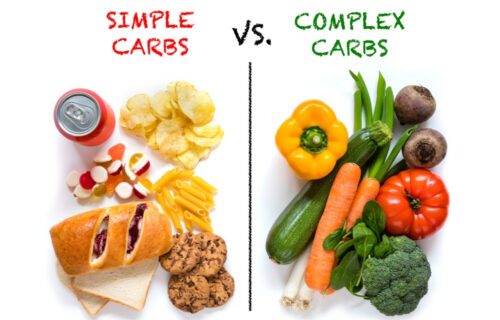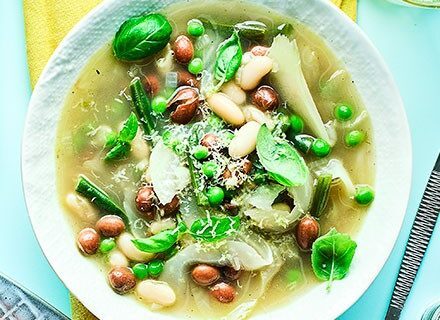Weight Loss Strategies
A few tips to help you normalize your eating, so that you neither overeat nor under-eat.
1. Cut out the processed stuff and eat real, whole foods.
The single most important thing to lose weight and avoid overeating is to include as many real, whole, unprocessed foods in your diet as possible. Starting right now, make the switch to wholefoods to lose weight: vegetables, fruits, whole grains, beans, nuts, seeds, olive oil, organic, range, or grass-fed animal products (poultry, lamb, beef, pork, eggs), and wild, smaller fish such as salmon.
2. Eat breakfast.
Skipping breakfastmeans you’re eventually starving, and throughout the day you end up eating more food than needed to feel full. To optimize health and weight loss, you need to eat breakfast, to spread out food intake evenly throughout the day, and to not eat for at least two hours before bed. Studies continue to show those who eat breakfast keep the weight off.
3. Eat mindfully.
We need to be in a relaxed state for the nervous system of our gut or digestive system to work properly. Eating while we are stressed out makes us fat, both because we don’t digest our food properly and because stress hormones slow metabolism and promote fat storage, especially of belly fat. We also tend to overeat when we eat quickly, because it takes the stomach 20 minutes to signal the brain that we are full.
4. Moderate or eliminate alcohol.
Taking a holiday from alcohol, besides getting rid of additional sugar calories, will help you tune in to your true appetite and prevent you from overeating. Plus alcohol tends to lower our resistance to eating the ‘naughties’.
5. Become aware of trigger foods.
By this I mean both binge foods and inflammatory ones. For some of us, that one little chocolate can set us on a downward spiral to overeating the whole block…for other a handful of almonds are perfectly healthy, but if you eat half the jar, they quickly become unhealthy. Then the inflammatory triggers cause weight gain and digestive disturbances amongst other symptoms.
6. Keep a Journal.
Food and Mood Journaling is an excellent way to get in touch with your inner motivations, to break the cycle of mindless eating and activity, to be honest and accountable and present to yourself. We often overeat because something is eating away at us. We stuff ourselves with food in order to stuff our feelings away. We use food to block feelings, but you can use words to block food. You can metabolize your life and calories better.
7. Get sufficient sleep.
Get eight hours of quality, uninterrupted sleep every night. You’ll find that you’re less prone to cravings and you will normalize fat-regulating hormones. Your adrenals will thank you which means the other hormones also get a chance to find normalisation.
8. Control your cortisol (stress levels).
Most of us fail to notice the effects of the chronic stresses we live with every day: demanding jobs, marital tension, lack of sleep, too much to do and too little time to do it. I am sure the list goes on for many. Chronic stressmakes us overeat, especially the wrong kinds of food, which ultimately leads to weight gain. Learn to actively relax with meditation, yoga, deep breathing, or any other technique that helps you reduce stress.
9. Exercise the right way.
You can’t exercise your way out of a bad diet, but exercise can help you lose weight, maintain weight loss, and control your appetite so you don’t overeat. Ideally you should do a minimum of 30 minutes every day. Get a pedometer to track your steps. Wear it every day and set a goal of 10,000 steps a day. More vigorous and sustained exercise is often needed to reverse severe obesity and diabetes. Run, bike, dance, play games, jump on a trampoline, or do whatever is fun for you.
10. Supplement smartly.
Obesity and diabetes are often paradoxically states of malnutrition. It has been said that diabetes is starvation in the midst of plenty. The sugar can’t get into the cells. Your metabolism is sluggish, and the cells don’t communicate as a finely tuned team. Nutrients are an essential part of getting back in balance and correcting the core problem—insulin resistance.
Need help with weight Loss? Find out more about the Weight Maintenance Program



